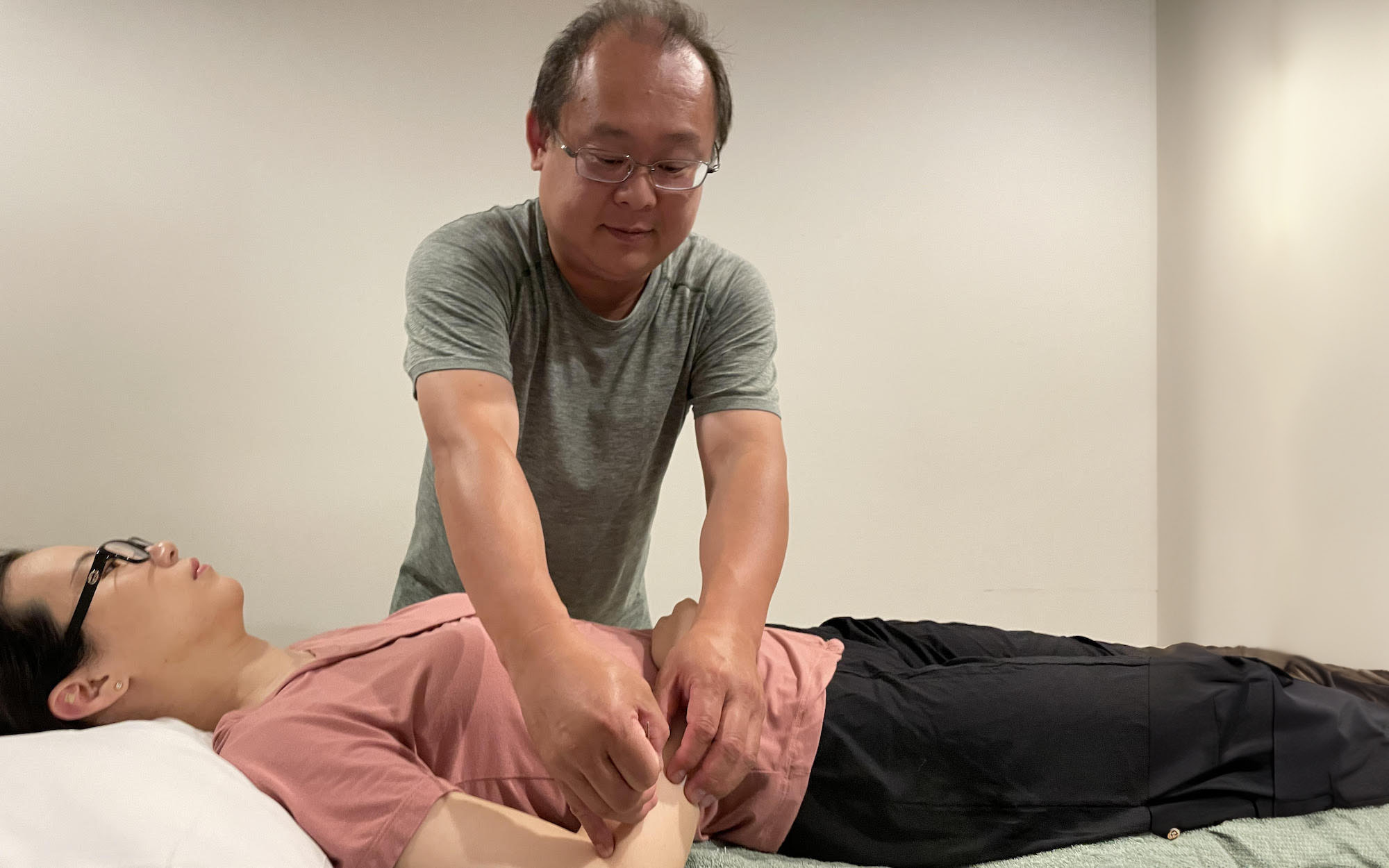Acupuncture and Traditional Chinese Medicine (TCM) have exploded in popularity in recent years. Choosing an acupuncturist or Traditional Chinese Medicine (TCM) practitioner is crucial to ensure a safe and effective treatment experience. Whether you are seeking acupuncture for pain relief, stress reduction, or any other health concern, finding a qualified and reputable professional is essential. Here are some tips to help you make an informed decision.
What to look for when choosing an acupuncturist
1. Research and credentials
Start by researching acupuncturists or TCM practitioners in your area. Look for professionals who are licensed and have completed comprehensive training from accredited institutions. Check for certifications from relevant regulatory bodies to ensure that they meet the required standards of practice. In British Columbia, practitioners are regulated by the College of Traditional Chinese Medicine and Acupuncturists (CTCMA). Their website includes a public register of registrants, allowing potential patients to see the registration status of any practitioner, plus any limits or conditions on their license.
2. Experience and specialization
Consider the practitioner’s experience and expertise in treating your specific condition or area of concern. Some practitioners may specialize in pain management, while others may focus on women’s health, fertility, mental health, or other specialties. Choose a practitioner whose expertise aligns with your needs.
3. Reviews and testimonials
Read reviews and testimonials from previous patients to gauge the experiences of others. Positive reviews and feedback from satisfied clients are a good sign of a practitioner’s competence and professionalism.
4. Personal consultation
Schedule a consultation with the practitioner before committing to treatment. During the consultation, discuss your health concerns, treatment expectations, and any questions you may have. Pay attention to how the practitioner communicates and whether they make you feel comfortable and heard.
5. Hygiene and safety
Observe the clinic’s cleanliness and hygiene practices. Ensure that the acupuncturist uses sterile, disposable needles for each treatment to prevent infections and cross-contamination.
6. Communication and empathy
A good acupuncturist or TCM practitioner should be attentive, empathetic, and willing to answer your questions. They should take the time to understand your health history and tailor the treatment plan to suit your individual needs.
7. Cost and insurance
Inquire about the cost of treatments and whether they accept insurance, as acupuncture may be covered under some health insurance plans.
8. Trust your instincts
Ultimately, trust your instincts when choosing a practitioner. If something doesn’t feel right or you’re uncomfortable during the consultation, it’s okay to seek another opinion.
Choosing an acupuncturist requires patience
Choosing the right acupuncturist or TCM practitioner can significantly impact the success of your treatment and overall experience. Take the time to research and find a qualified professional who understands your unique health needs and provides a safe, compassionate, and effective approach to your well-being. With the right practitioner by your side, you can embark on a journey towards improved health and balance through the ancient healing practices of acupuncture and Traditional Chinese Medicine. To book an appointment for Acupuncture or Traditional Chinese Medicine, visit our online booking site!







